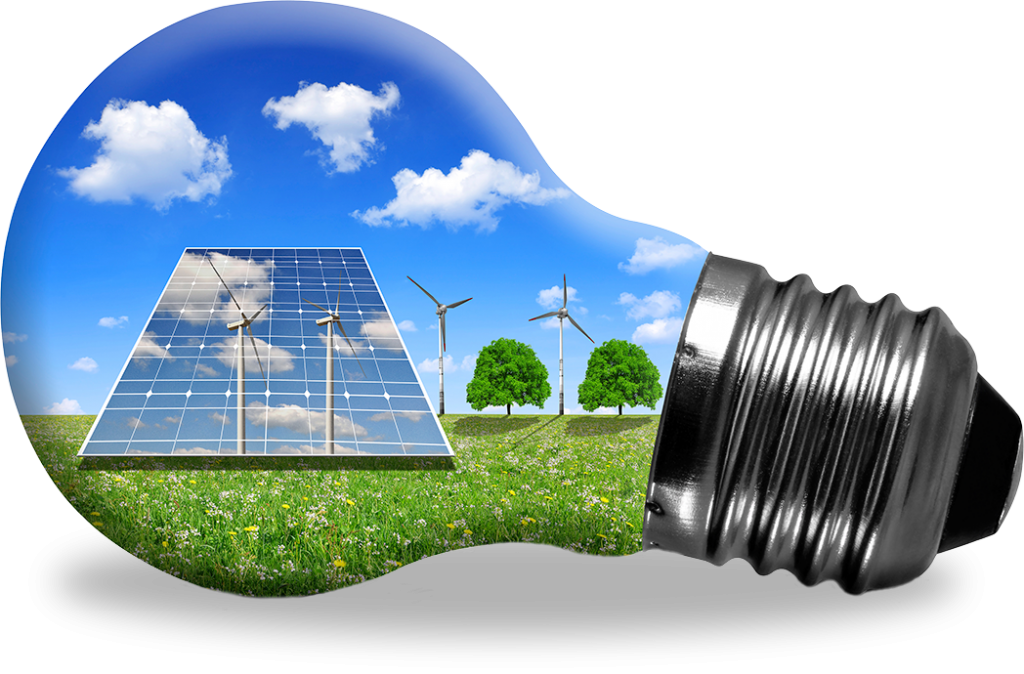Ever since we learned the art of making machines we have been obsessed with the idea of efficiency of processes. This basically consist of –
- The procurement cost of the machine
- The operating cost of the machine
- The output generated of the machine
- The cost of input / raw energy/fuel (coal, oil)
The purpose of a machine is to convert something to something else, preferably in the most economical way. When machines relying on fossil fuels, which has to be drilled for, dug out, refined, crushed and transported there is a cost attached to the fuel before it is used.
Efficiency for a lot of renewables in the prevalent sense of the word does not make sense since here the input/ fuel (solar, wind etc) is free, so in itself efficiency of conversion doesn’t matter in literal sense. While designing a wind turbine or a solar photovoltaic power plant or similar renewable, one only need to optimize the cost of the plant to the energy output, not including the cost of fuel since it is free. This makes ordinary measurements of efficiency like kg/MWh essentially meaningless.
The only measure of efficiency which makes sense in comparing apples and oranges (renewables and fossil fuel) is the market cost of energy, which is commonly referred to as LCOE (Levelized Cost Of Energy).
Several renewable-energy sources are making a significant contribution to energy generation, such as hydropower in Brazil, biomass in Finland, onshore wind in Denmark, solar photovoltaic in Germany or geothermal energy in Indonesia.






